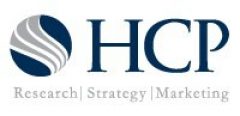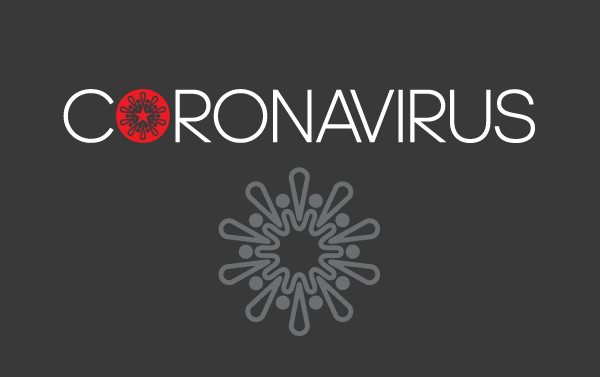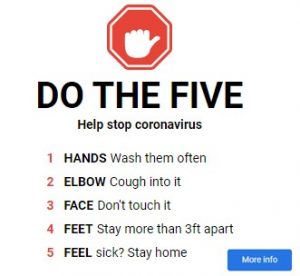What’s the role of the private sector regarding the COVID-19 pandemic?
Be a player, not a spectator.” The Edelman Trust Barometer has repeatedly found that a person’s own employer is the most trusted of all social messengers. When the boss speaks, people listen and the tone, accuracy and relevance of employers’ advice can make all the difference between calm and panic.
With 34 years of research-based business consulting and corporate communications strategies for clients across the globe in diverse industries, HCP Associates is taking all safety precautions to assist our clients, vendors, associates, and the community at large by providing strategic guidance and crisis communication skills to set corporate protocol and make progress handling the coronavirus global pandemic.
We are working closely with various state and federal agencies to make certain we are as far ahead of the global curve as possible regarding shared information and planning tactics. We continue to coordinate, participate and support national media outlets scheduling interviews with relevant and forward-thinking clients and associates to keep a steady and safe pulse on educating the U.S. with the most relevant information each day.
Is your company prepared?Have you begun conducting exercises to prepare your crisis team for COVID-19 scenarios?
- Do you have clearly articulated policies for remote work?
- How about travel?
- Have you thought about business continuity or using measurement to arrive at decisions?
- Who will articulate policies and new iterations of them for coronavirus?
- Which platforms will you use?
- Do you have an alert system in place?
These are all important questions with a constantly changing business and social environment.
We are here to help!
Now is not the time to sit back and wait or get caught up in a frenzy of inaccurate news. Now is the time to lead your company, clients, associates and industries by providing up-to-date proactive tactics to reduce fear and anxiety with steady and accurate communication.
Communication tactics
1) It’s very important at this stage to have your IT department or vendor test home-working technology and review and prepare policies relating to remote working and sick pay. Utilizing services like free conference calls or virtual online meeting applications work well to keep employees connected and talking daily in order to stick to a normal work schedule.
2) How and what employers communicate to their employees about the coronavirus is critical. We have developed numerous statements for different markets, and we are available to do that for your company as well. Most are posting a statement on their websites, social media channels and/or disseminating out via their e-mail databases.
3) Global epidemic preparedness and response is underfunded – the business world needs to help fill this gap. Consider discussing ways in which you and your employees can act local and help global. Education is key.
4) Employers should be thinking now about how they’re going to share vetted messages from the World Health Organization (WHO), the US Centers for Disease Control or Public Health England – and shouldn’t try to second-guess or exceed them. To make this easier, Edelman, the World Economic Forum and others, in partnership with the WHO, are building a platform that would feed accurate, timely information to employers for dissemination on their intranets. If your company is interested in joining them, please reach out directly.
5) If your company has not done so already, prepare a statement for clients, vendors, partners, employees, board members or any other stakeholder and/or strategic alliance that needs to know where your company stands during this crisis.
6) Consider the mission of your company and/or organization’s duty to your clients, vendors, employees and industries by disseminating ongoing statements to your social media channels, website and/or e-mail databases. Some may require broader services like newswire distributions.
7) Consider creating an updated on-hold phone message if hours, staff or normal business operations will affect clients/vendors/partners/prospects calling in to your offices. Post updated hours or employee availability information on your website and/or social media channels.
8) Be overly cautious with personnel and client interaction; this is not the flu and the CDC and Global Health agencies are learning more about the different risks each day.
9) Empower your personnel. Bring together the right people within your organization with whom to strategize, and make sure you have the facts so you can make informed decisions. Decide with leadership who within the organization is authorized to speak on the topic. Ensure that information and facts used are from a trusted and knowledgeable source, such as the CDC or World Health Organization.
10) Accurate content is king and continuity matters; communicate early and often. This will help keep the focus on what is happening and allow your company and/or organization to tailor a strategy as new developments occur. Determine with leaders what information to share and don’t share irrelevant information on social media for the sake of posting something.
Whatever tactics you use, whether it’s email, phone calls, in-person meetings, social media, press conferences or other means of communication, make sure that your messaging is consistent and that everyone speaks with the same voice.
The news cycle changes by the second. When working with the media make sure you present information that is credible but that doesn’t sacrifice accuracy or your reputation.
Need help?
We are here and available to assist with proactive communication strategies and tactics to help you lead your organization during this time of crisis.


